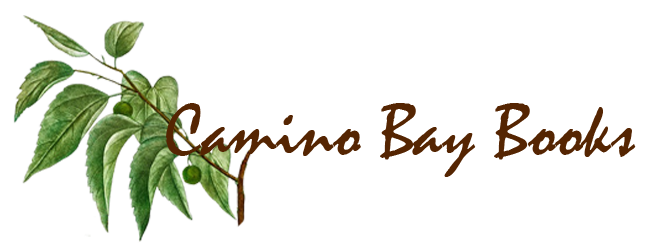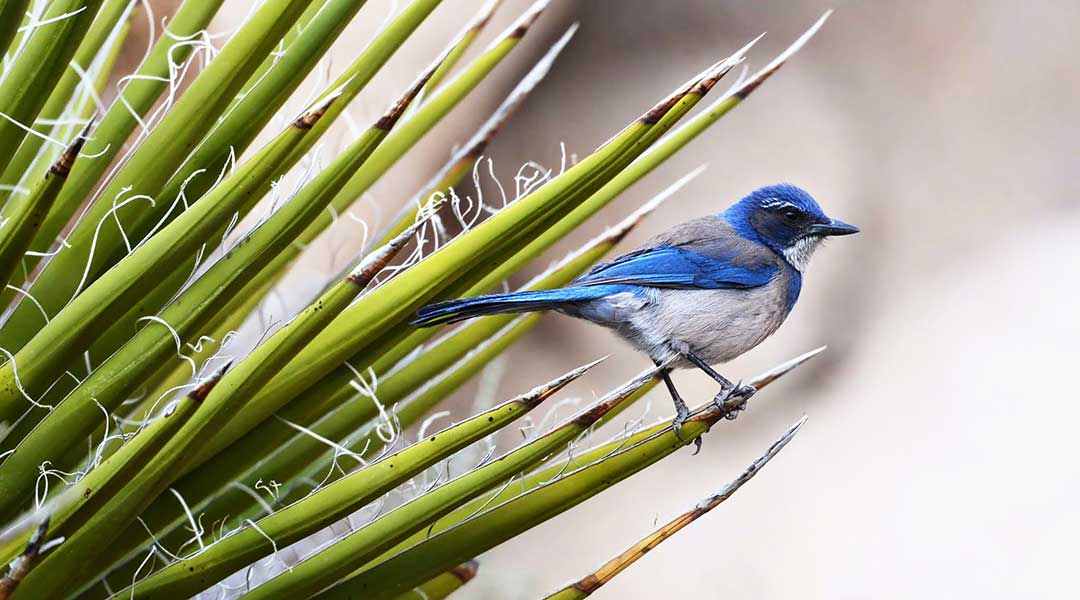Over recent years publications have appeared bearing titles such as “What is it like to be a _____?” (tree or bird or…). Others ask “What does a ____ [tree or bird] know?” People have noticed that the evidence of their senses and from research point to forms of experience and intentionality among the formerly assumed “lesser” beings that exceeds what they were taught in high school and college science. And as well, to what is generally assumed about plants and animals compared to humans. People ask, “What the heck is going on out there in the other-than-human world and what should I make of it?” This seems to me a positive sign of increased human alertness, especially if followed to its logical conclusion.
What is going on out there is amply described in the books I alluded to and may be summarized as—thought, emotion, relationships, behavior, awareness, problem-solving…on levels that boggle our innocent minds. These are going on out there. Neither plants nor animals are mere automaton-like resources placed on Earth solely for the benefit of humans and having no independent reality of their own. They are affected by what we do (obviously) and it matters to them since what humans do has decisive impact on how their lives go and whether they flourish or crater. They do not merely swoon before the machines and their avatars anthropogenic climate disruption, Earthly depletion and destruction, and extinctions, but try to adapt and make the best of it, a valiant effort but the figures on degraded landscapes and depleted species and falling absolute numbers of plants and animals show they are losing.
Those losses are not the point here, however, for they are a story often told and systemically unheard, or too little heard and not effectively attended to. The point here being what is lost: the myriad beings and the intelligence that has guided them through history and evolution; qualitative, even spiritual, losses that would be easier to comprehend if happening to human neighbors (albeit often poorly attended to even there) and that has more in common with that realm than we realize. I will focus on two aspects of this.
Even with the aroused attention to animal and plant sentience there remains for many observers a deeply disturbing bugaboo that they are vigilant to avoid: the curse of anthropomorphism. Despite the evidence of intelligences out there, pleasure, intention, affection, and so on are considered human characteristics and attributing such experience to those others is therefore a case of the curse. It has seemed to me that those whose self-definition is primarily as scientific types and who write about the living world, especially animals, are among those most haunted by the insidious dangers of anthropomorphic toxins and assiduous to guard against them, at least publicly and professionally. So creatures of the natural world are called resources and social activity is mere instinct, territorial display, sexual come-on…anything but what it looks like, which is sometimes these purposes and other times maybe just social or joyful like birdsong in the morning.
The central problem underlying the anxiety of anthropomorphism is that it rests on a silent assumption, which being voiceless is unnoticed and undefended: all the traits that humans display from time to time are perforce human-owned traits. They are ours alone and are what make us special within the scheme of creation. The examined history of human-animal relationships covers a lot of territory but one element above all stands out—the human determination to differentiate and elevate itself in relation to all the rest of existence. Almost as if we were a separate creation by a different god or creative force. Related to the others only instrumentally. As one early commentator put it, The only reason animals were created alive was to keep the meat from spoiling.
That the assumption and the fear of anthropomorphism run deep is revealed when even people who observe animals closely and are regularly astonished and delighted by them feel compelled to issue caveats such as this: “[David Sibley] writes that instinct is more than merely programmatic: Birds must be motivated by something like feelings. ‘I realize this is enormously anthropomorphic,’ he notes, but nevertheless, ‘maybe the feeling an oriole has when looking at its finished nest is similar to the feeling human parents get when we look at a newly painted and decorated nursery.” (From a review in The Atlantic by Jenny Odell, “Why birds do what they do,” June 2020.) If the attributed feelings are anthropomorphized projections of the observer then they must not really exist, or if existent it as something else that looks like without truly being feelings of satisfaction at, in this instance, a job well done. The defense against anthropomorphism is strengthened, unconsciously I imagine, when Sibley refers to the possibly satisfied bird as “it” rather than he or she. Since an “it” is an object, it would be incapable of feelings.
Later in her review, Ms. Odell discusses the greater ani, a species of cuckoos native to South America, who form co-parenting groups that engage in formidable communication circles where vigorous chatting and body movement occur several times daily. She comments: “They inch closer together, cocking their heads slightly, seeming (from my anthropomorphic view) to be listening attentively to one another.” What else would they be doing? What is humanizing about recognizing animals doing what they appear to be doing? What’s to be afraid of? They are obviously communicating. Isn’t the danger of failing to credit behavior that one recognizes as being what it is, and similar to what humans do, as great as that of denying or minimizing out of fear of the curse?
Rather than human ownership of those claimed “human” traits, how about this (which is suggested by the books referred to at the beginning but not usually decisively confronted)? Existence, that mysterious and manifold gift that Homo sapiens received comparatively late in evolution, comes complete with an entire repertory of traits and capacities and actions that are there for the taking according to species need or desire. Together they compose one of the streams of being that creatures may dip their cups into and extract what they will. Animal satisfaction at a job well done may not be the same satisfaction I experience but it is probably quite similar since it looks like it and the job really was well done, and I have no reason this side of vanity to deny the possibility. John Muir commonly encountered joyous streams cascading out of the Sierra Nevada and having seen them myself I don’t quibble—they are joyous as I would be joyous if I were a stream.
Of course, Thomas Nagel raised the decisive red flag against my imagining what it would be like to be a stream back in 1974. His eminent and much cited article “What is it like to be a bat?” made clear in a scholarly philosophical way the impossibility of my successfully knowing that. I can imagine what it would be like for me to be a stream or bat but not what the actual experience of the stream or bat qua stream and bat is for them. If I could genuinely imagine it, I wouldn’t still be me. Still, while I acknowledge my limitations in this respect, I have other capacities to draw on. I know what it is like to be a being, to exist on this Earth and through the gifts of sentience to experience it, to taste and smell and respond, to make relationship with it, to live and to die. And I can imagine some degree of similitude among the others and myself as we abide and act and add to the rich goodness of it all, this world we love.
Going farther, and this is the second point I wanted to make, it is not even necessary to me for the ethologists, mycologists, and botanists to continue to display, research project after research project, that those beings they put under the figurative microscope really are pretty damned amazing. I already know that because we share a world, one that humans apparently alone within creation have psychically expatriated from, forgetting that this is an emigration that will never work in practice because reality has even us in its grasp. Sharing the world and appreciating the gifts that have made my life work in the ways it does, I cannot but realize that among the gifts are the other creatures who make it complete, whether their demonstrated capacities are astonishing or mundane. I honor them as fellow travelers through this realm.
We know about the four cardinal virtues: justice, courage, temperance, and prudence but Plato included a fifth, piety. I can, if I wish, move into the sense, the spiritual sense, of communion, the unity of beings within Being. And the conclusions about my place here and what I owe the others arise naturally from that experience. Honor and respect; do no avoidable harm. These will work, and one cannot anthropomorphize here. For humans these attitudes have to be chosen, but for the other lives, their versions appear to come naturally.


